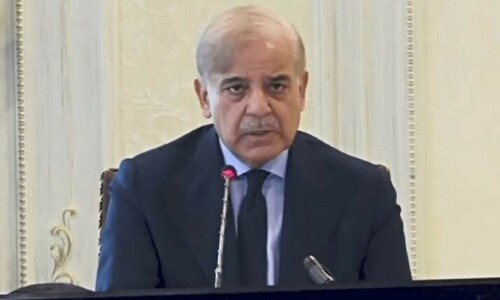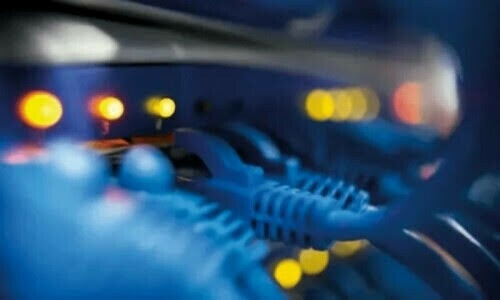
NEW YORK: Muhammad Ali Jinnah Way, Adeed Fayyaz Memorial Way, and now Allama Iqbal Avenue — the Pakistani American community is growing its roots in North America.
There are two Muhammad Ali Jinnah ways, one in Chicago and another in Brooklyn, New York. A stretch of Devon Avenue in North Chicago was named after the founder of Pakistan in the 1980s, and the other in Brooklyn was named after him in 2019.
There are also places that are named after cities in Pakistan, such as Lahore in Virginia, Peshawar Street in San Antonio, Texas; and Kashmir Road in Sedona, Arizona. The little town in Virginia was named Lahore in the 19th century, long before partition.
The United States has a long tradition of recognising foreign figures by naming streets after them. The latest on this list is a portion of an avenue in Queens, New York, which was named last week after Pakistan’s national poet, Allama Iqbal.
W. 4th Street in Long Island was also renamed Adeed Fayaz Memorial Way in July this year after an officer of the New York police, originally from Pakistan. He was shot dead in the line of duty in February 2023.
The naming is often done at the request of an immigrant community with a significant presence in the area. That’s how the Jinnah ways and Iqbal Avenue were renamed. Both are situated in neighborhoods that are now known as ‘mini-Pakistan’ because of a large concentration of Pakistanis.
Adrienne Adams, speaker of the New York City Council, said at the renaming ceremony that they named the street after Iqbal because “he is hailed as one of the defining poets, scholars, and leaders of his time”.
Pakistan’s US ambassador Masood Khan, after a visit to the street this week, said that “renaming a street after Allama Iqbal recognises Pakistan’s rich cultural heritage whilst allowing Pakistani American to honour one of the most significant leaders of their country”.
The first thing that a visitor to the area — where the newly renamed streets are — notices is its diversity. Richmond Hill is a commercial and residential neighborhood in the southeastern section of New York’s borough of Queens, which is known as Little Punjab due to its large Punjabi American population. It is home to a density of churches, mosques, synagogues and temples, reflecting the faiths of its residents.
The nearby Jackson Heights neighborhood is the heart of the Desi crowd in New York. There are so many South Asians in this area that it is also called Des in Pardes.
A dhaba, where a small group of Pakistanis were discussing Iqbal’s poetry on the day Ambassador Khan visited the area, is owned by a Pakistani but has a Bhutanese manager. The waiters are from Tibet. Nearby is a 24/7 restaurant, also owned by a Pakistani, where most of the staff hail from Nepal and Bangladesh. And almost all of them are women.
A nearby Bangladeshi restaurant sells Patali Gur (date palm jaggery), also a Bengali winter delicacy, and of course, Ilish maach or Hilsa.
A Buddhist monk walks by, holding a clay pot, as a muezzin gives the call for evening prayers. The aroma of the incense burning in the pot is felt across the street.
“Ours was the first mithai shop in Lahore,” said the manager of a nearby sweet shop. “In 1947, our grandfather moved to Delhi and now we have shops in New Delhi, Mumbai and New York.”
“Patuali, Jamdani, whatever you want,” said Mahmudullah who works at a Bangladeshi Saree shop. “We have the best sarees.”
And there’s no one to challenge his claim as most of the shops that sold Indian Sarees have moved to other locations.
“They have moved up market,” said Mahmudullah. “You will not see many Indians here. They shop in Manhattan now.”
Mahmudullah is right. The languages that most South Asians speak here are Bangladeshi Bangla, with words like monajat (pray) and khairat (charity), and Pakistani Punjabi, which also has more Persian loan words than its Indian sister.
Anshuman Singh, a customer at the Lahori (not its real name) sweet shop said Sikhs had no problem understanding Pakistani Punjabi as they too use many Persian and Arabic words, like Khalsa, Fateh, Arzdas.
“And I have known men named Iqbal Singh but mostly in the pre-partition generation,” he said.
Published in Dawn, August 24th, 2023













































Dear visitor, the comments section is undergoing an overhaul and will return soon.